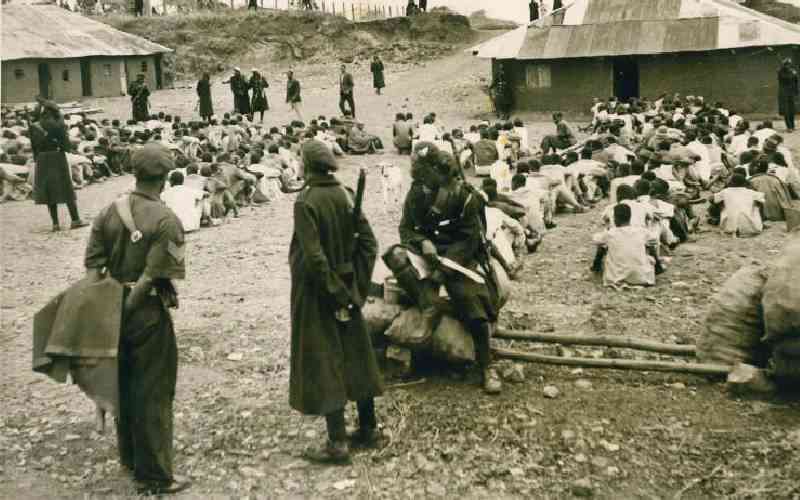
During Kenya's darkest moment, a radical MP in the UK wanted to solve the sour race relations. At the time, all indigenous Kenyans were being treated as criminals and could only be absolved after thorough screening by security agents.
But as the government was hunting down and locking up Kenyans it accused of being terrorists and members of a dangerous gang, Mau Mau, for agitating for freedom, the MP, Arthur Bottomley, who represented Chatham, saw some of his countrymen as the trigger to the violence that had engulfed Kenya from 1952.